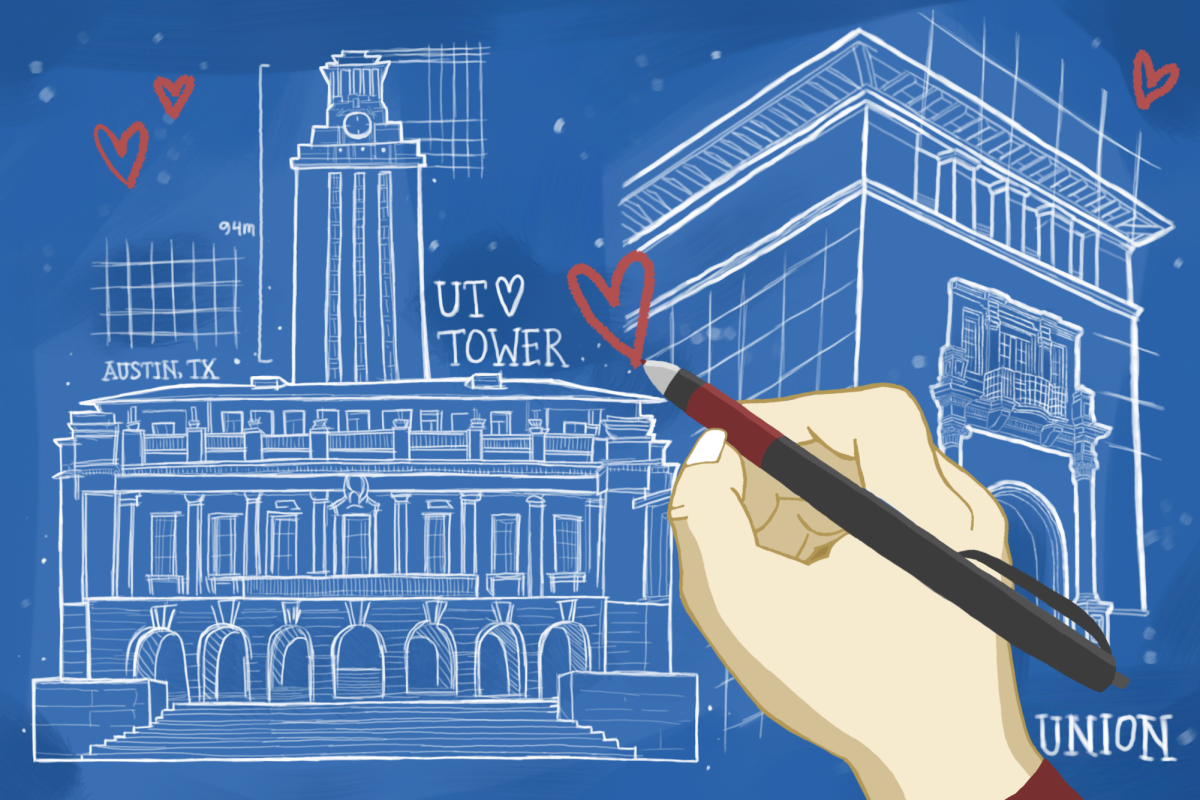The City Council voted Wednesday to endorse the Formula 1 racetrack. The vote will most likely bring the Grand Prix to Austin in 2012 — an event that has promised the city a lot while asking for surprisingly little. Yet the road to a race track in Austin has been long with some heavy twists and turns.
The track is promised to be state-of-the-art, environmentally conscious and available for a variety of different events. A MotoGP motorcycle race is already being planned to take place at the future location, and promoters for the project are envisioning concerts and track-and-field and bicycle races.
However, if you’ve been following the drama in the City Council chambers, you will notice that one phrase seems to sum up the mood surrounding the dealings: “If a deal sounds too good to be true, it is.”
At best, the F1 project will bring a slew of attention and the potential for millions in investment to our fair city. On the other hand, Austin City Council members and Texas legislators may find themselves shoveling millions in taxpayer dollars into the coffers of foreign conglomerates while seeing little in return. It is certain that the race will make a lot of money; it is not certain that it will make any money for Austin.
This city has always prided itself in being an area that cultivates local business and entrepreneurs, and the city has always approached the world in its own way. This event will inevitably bring an illustrious crowd of international movers and shakers and ratchet up interest in the area. But such attention may bring an end to the good economic vibes the city has cultivated, as the area becomes flooded with corporate sponsors who will greatly benefit from the event, while aspiring local businesses will be left to watch from the sidelines.
City Council member Chris Riley recently worked out an agreement with F1 under which F1 will abide by Austin Energy Green Building Standards and “embrace aggressive recycling and composting practices,” according to the Austin American-Statesman.
Though an environmentally friendly grand prix sounds like an oxymoron, Riley’s agreement is an admirable attempt to protect the interests of Austinites amid a major public-relations push by supporters of the race. However, as admirable as it may be, such a move is simply a cover for the fact that this venue will greatly change the ethos of the city and have lasting effects on its environment.
The past record of F1 in the United States doesn’t look good for Austin either. This is not the first city to be courted by the international Grand Prix. Cities such as Indianapolis, Phoenix and Detroit have been in this position before, and each has its own horror story about the event. For example, in 2005, a majority of racers in Indianapolis caused a fiasco after refusing to start the race over fears that they had bad tires, costing the city millions of dollars.
Also, Austin’s business partner in this future endeavor, Formula 1 CEO Bernie Ecclestone, is not known for his tact or empathy in working with cities and locals trying to get in on the racing action. This year an event in the Middle Eastern country of Bahrain was canceled due to civil unrest, then later rescheduled after the same civil unrest was silenced. Austin should not let dollar signs blind it to F1’s questionable record on social issues and lack of corporate consciousness.
A main focus of the controversy surrounding the event is the city’s attempts to get the state to cover the $25 million fee needed simply for the privilege of hosting the event, a sum that will basically go directly to Ecclestone and his backers (coincidentally Ecclestone’s 22-year-old daughter just spent $85 million last week to add a Hollywood mansion to her collection of residences).
The crux of the matter is that F1 needs an American venue for its upcoming Grand Prix, but it doesn’t really need Austin, and Austin doesn’t really need F1. The city seems ready to step out into the world and join the ranks of other high-profile international cities, but Austin does not have to sell out to the highest bidder to do it.
Austin is already a vibrant city that is admired across the world for its business savvy, environmental consciousness and hip culture. There is enough here in town to get the world’s attention without selling the city’s soul.
At a time when the city and state are scrounging to fill the gaps in their budgets and are cutting education and social services, it is a shame that our leaders would so readily commit so much taxpayer money to foreign interests. If an F1 racetrack is what the city and state leadership decides Austin really wants, then for the sake of Austinites, it must be an event for the benefit of the whole city, not just for someone else’s pocket book.




















